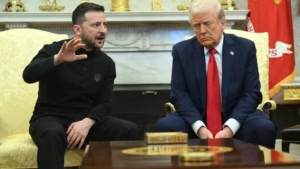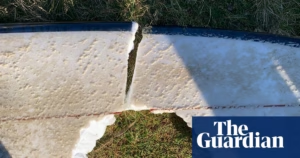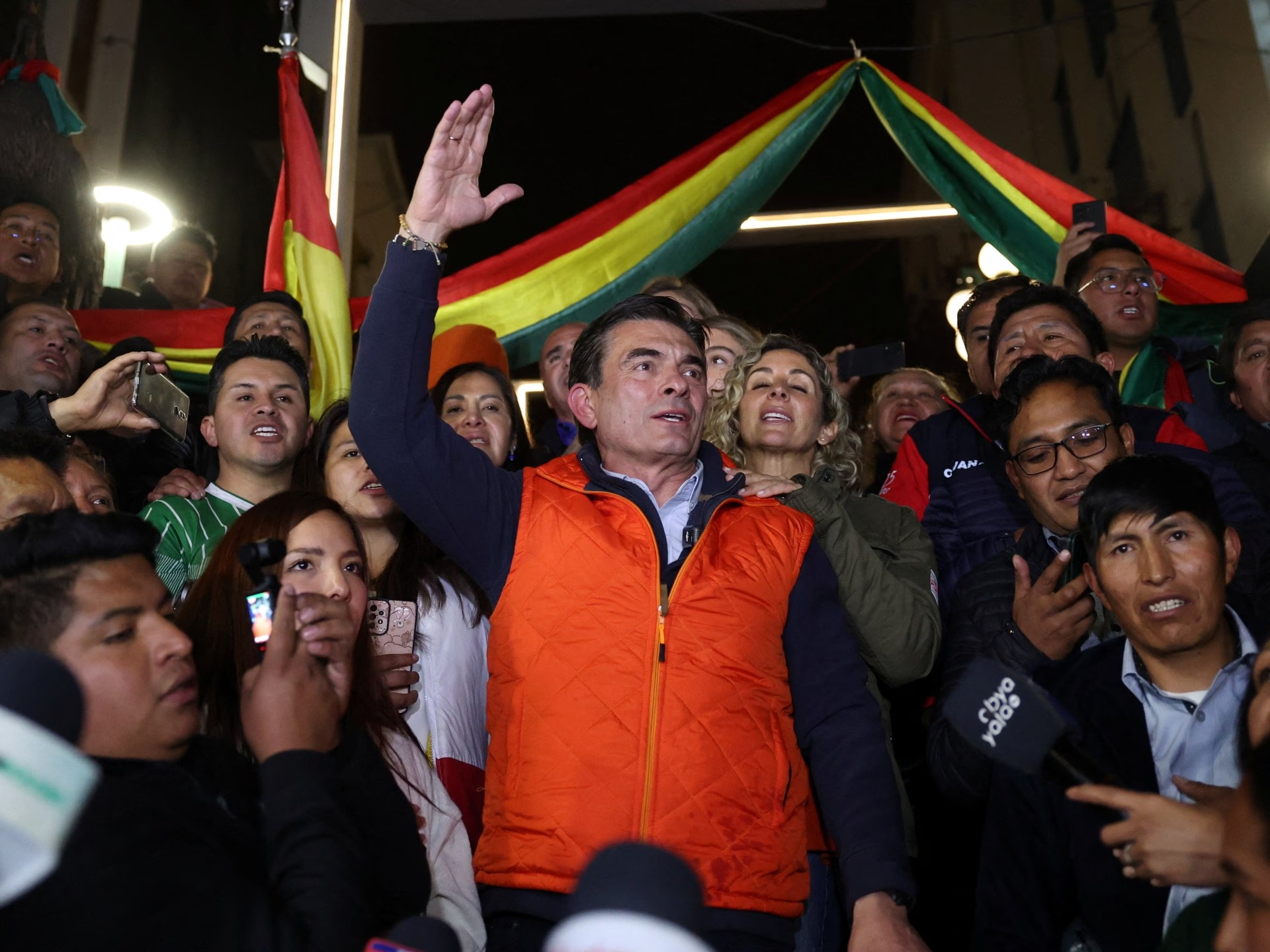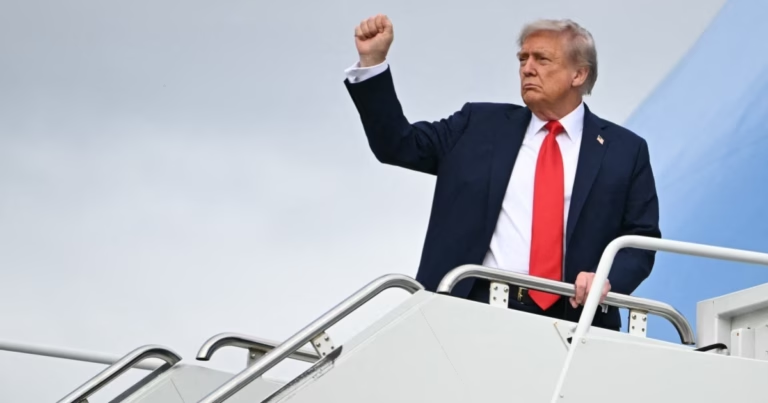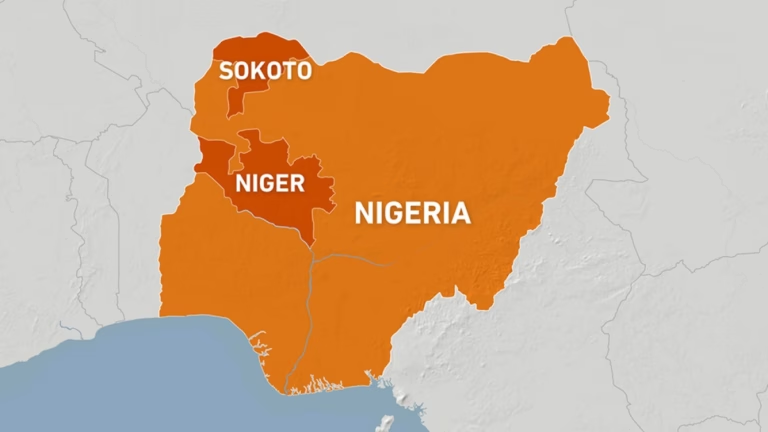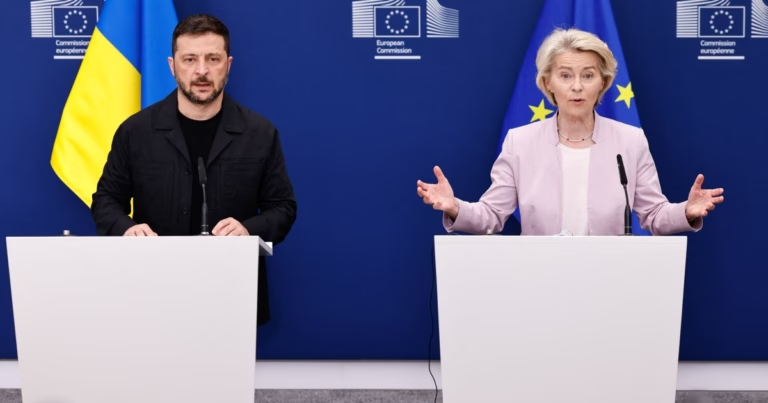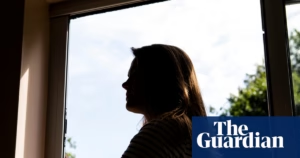Preliminary results indicate a surprising lead for centrist Rodrigo Paz in Bolivia’s presidential election, with 32.8 percent of the vote.
With over 91 percent of the ballots tallied by Sunday night, provisional results show centrist Rodrigo Paz, from the Christian Democratic Party (PDC), leading the race with 32.8 percent of the vote.
Conservative former interim President Jorge “Tuto” Quiroga, of the Alianza Libre coalition, secured the second spot with 26.4 percent of the vote. This paves the way for a runoff against Paz, who is the son of a former left-leaning President Jaime Paz, scheduled for October 19.
Candidates required more than 50 percent of the votes, or 40 percent with a 10-point advantage, to avoid a second round of voting.
Al Jazeera’s Latin America editor Lucia Newman, reporting from Bolivia’s Santa Cruz de la Sierra, confirmed that MAS, which has governed Bolivia since 2005, “is no longer in contention.”
Newman pointed out that the biggest surprise was Paz, who was initially polling in fourth or fifth place, now standing as the frontrunner.
Paz, according to Newman, is more centrist than his father.
Eight candidates from across the political spectrum, ranging from far-right to left-wing, vied for presidency on Sunday.
Pre-election polls had shown Samuel Doria Medina, a wealthy businessman and former planning minister, and Quiroga, who served as interim president and vice president under former President Hugo Banzer, as the two front-runners.
Former President Evo Morales was disqualified from running, and current President Luis Arce, who had a falling out with Morales, refrained from the race.
The internal rifts within their leftist coalition, combined with the country’s severe economic challenges, largely ruled out a return to power for MAS.
Official results are expected within seven days, with voters also choosing all 26 senators and 130 deputies. The new government will assume office on November 8.

Bolivia Faces Spiraling Inflation
The country is navigating its worst economic crisis in over a generation, marked by annual inflation of nearly 25 percent and acute shortages of US dollars and fuel.
In the lead-up to Sunday’s election, Bolivians took to the streets repeatedly to protest soaring prices and long waits for fuel, bread, and other essentials.
Under former President Evo Morales, Bolivia experienced over a decade of robust growth and enhanced rights for Indigenous peoples, following the nationalization of the gas sector and the investment of proceeds into social programs that halved extreme poverty.
The lack of new gas projects under Morales, who championed environmental causes and concerns about climate change, led to a sharp decline in gas revenues from $6.1bn in 2013 to $1.6bn last year.
With its principal resource, lithium, still未开发, the government is nearly depleted of the foreign exchange required to import fuel, wheat, and other food items.
